Both winter and spring camelina might be on the cusp of better varieties to help boost production of the lower input oilseed in Western Canada.

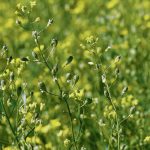
Saskatchewan research hopes to take both winter and spring camelina varieties to the next level
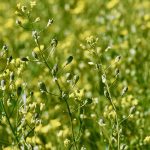
Largest firm in sector sees potential for quick acreage growth over next decade
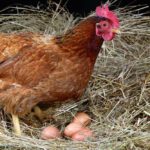
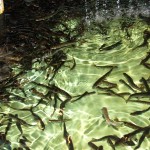
Fish-farming companies are looking for a crop-based alternative to fish meal from wild stocks
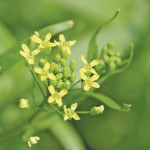
Boasting a short growing season, minimal input costs and drought tolerance, camelina may be a decent complementary option for Manitoba producers
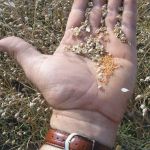
Smart Earth Seeds is contracting production, but it must be delivered to either Chaplin or Gull Lake, Sask.